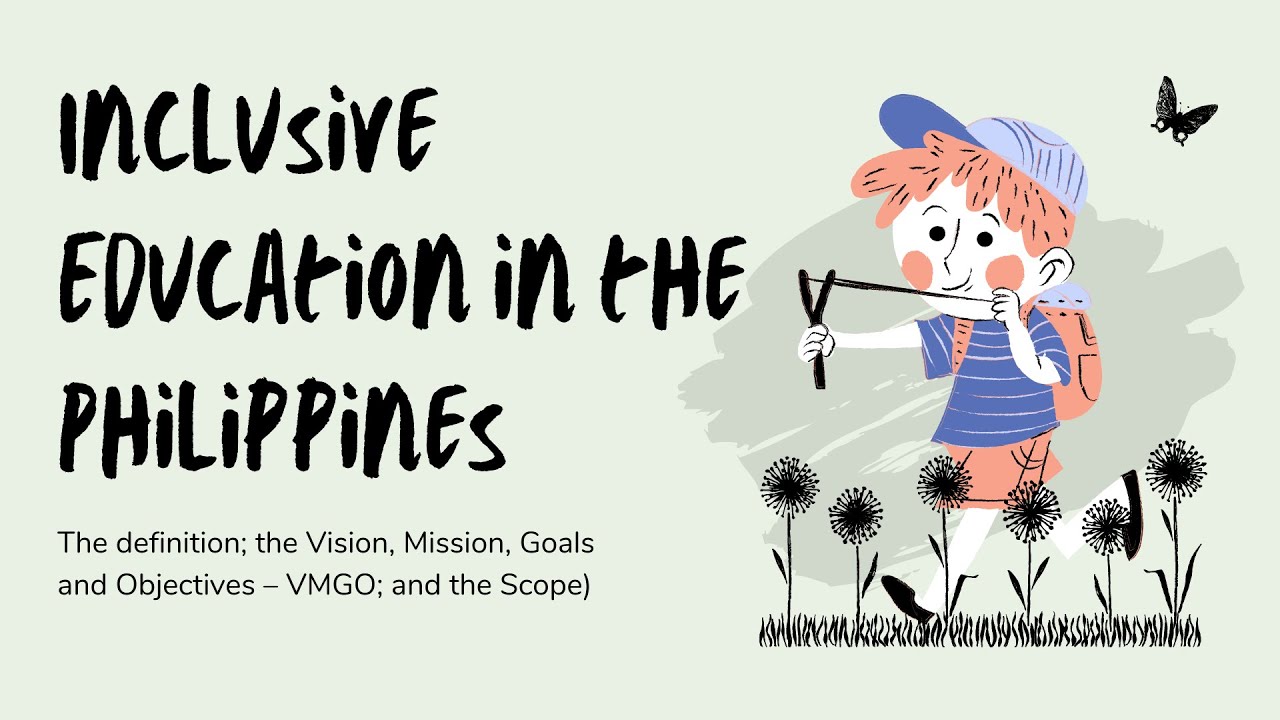Early Signs of a Learning Disability or Learning Disorder
Summary
TLDRAndrea Heavener, a pediatric neuropsychologist, discusses learning disabilities in children. She emphasizes the importance of early identification and intervention to support children who struggle academically despite good efforts and support. Early signs include delayed speech, difficulty with motor skills, and challenges in basic learning concepts.
Takeaways
- 👶 Children will face challenges in their education, which is necessary for their development.
- 📚 A subset of children struggle more than their peers despite good effort and support, indicating a possible learning disability or disorder.
- 😟 Parents often worry about their children's academic struggles, linking them to future career opportunities and life success.
- 💡 Early identification and intervention can significantly help children with learning disabilities, reducing years of struggle.
- 🗣️ Delayed speech and language development can be an early sign of a learning disability.
- ✋ Difficulty in fine and gross motor skill development is another potential indicator.
- 🚸 Trouble following directions or understanding basic learning concepts may signal a learning disorder.
- 🔤 Preschool children who have trouble remembering the names of letters and numbers might have a learning disability.
- 🔄 Difficulty with early literacy skills, such as rhyming, can also be a sign.
- ⚠️ It's important to consider a combination of these signs rather than just one or two when identifying potential learning disabilities.
Q & A
What is Andrea Heavener's profession and where does she work?
-Andrea Heavener is a pediatric neuropsychologist working at the Mayo Clinic Children's Center.
What is the main topic of the discussion in the script?
-The main topic is academic concerns in children, particularly those that might be characterized as learning disabilities or disorders.
Why is it important for children to face some challenges in their education?
-Challenges in education are important because they help set the bar appropriately for children's development, ensuring they are sufficiently challenged rather than being under-stimulated.
What distinguishes children with learning disabilities from those who simply face common educational challenges?
-Children with learning disabilities struggle to master concepts and learn new things despite good efforts and educational support, at a level significantly different from their peers.
Why might parents be particularly concerned when their child has learning problems?
-Parents may be concerned because academic achievement is often linked to potential career opportunities and life success, and difficulties in learning can be troubling.
What does the script suggest about the availability of treatments for learning disabilities?
-The script suggests that there are many good treatments available if children with learning disabilities can be identified early and receive the necessary help.
What are some early signs that might indicate a child could develop learning disabilities?
-Early signs can include delayed speech and language development, difficulties with fine and gross motor skills, trouble following directions, and challenges with early literacy skills like rhyming.
Why is it advised to take a cautious approach when identifying early signs of learning disabilities in children?
-A cautious approach is advised because having just one or two signs is not necessarily meaningful and could be indicative of conditions other than learning disabilities.
How can early identification and intervention help children with learning disabilities?
-Early identification and intervention can help avoid years of struggle in school and support children as they progress toward graduation.
What are some specific difficulties that might be observed in preschoolers who may have learning disabilities?
-Preschoolers may have difficulty remembering the names of letters and numbers, and they might struggle with early literacy skills such as rhyming.
Why is it important for vocabulary to 'stick' for children developing language skills?
-Vocabulary retention is important as it indicates that children are effectively learning and internalizing new words, which is a fundamental aspect of language development.
Outlines

هذا القسم متوفر فقط للمشتركين. يرجى الترقية للوصول إلى هذه الميزة.
قم بالترقية الآنMindmap

هذا القسم متوفر فقط للمشتركين. يرجى الترقية للوصول إلى هذه الميزة.
قم بالترقية الآنKeywords

هذا القسم متوفر فقط للمشتركين. يرجى الترقية للوصول إلى هذه الميزة.
قم بالترقية الآنHighlights

هذا القسم متوفر فقط للمشتركين. يرجى الترقية للوصول إلى هذه الميزة.
قم بالترقية الآنTranscripts

هذا القسم متوفر فقط للمشتركين. يرجى الترقية للوصول إلى هذه الميزة.
قم بالترقية الآنتصفح المزيد من مقاطع الفيديو ذات الصلة

Speech Language Therapy Paediatrics.

Overview of Learning Disabilities Anak dengan Kesulitan Belajar

STRATEGI PEMBELAJARAN PADA ANAK TUNADAKSA

Inclusive Education in the Philippines (Definition, Policies, and Laws)

Overview of Learning Disabilities (Anak dengan Kesulitan Belajar)

GROUP PROJECT GROUP 1 - 5 KMK3523
5.0 / 5 (0 votes)
